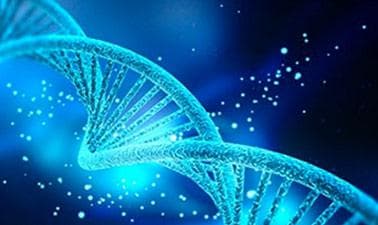RICEx: AP® Biology - Part 4: Ecology

- Duration
- 4 weeks
- Price Value
- $ 49
- Difficulty Level
- Introductory


Part 4 of the AP Biology Series
This comprehensive AP Biology course, Part 4 of a series, is an in-depth exploration of ecology and the intricate relationships between organisms and their environment. Designed to prepare students for the AP Biology exam, this course offers a unique blend of expert-led lectures, practice questions, and step-by-step tutorials. The curriculum is officially authorized by the AP Course Audit, ensuring it meets the rigorous standards set by the College Board.
The skills and knowledge gained from this course have numerous real-world applications:
While a detailed syllabus is not provided, the course likely follows the AP Biology curriculum guidelines, focusing on the following main areas related to ecology:
Throughout the course, students will engage in lectures, discussions, practice exams, and laboratory investigations to reinforce their understanding of these critical ecological concepts and prepare for success on the AP Biology exam.
Explore more courses to enhance your cloud computing and Kubernetes skills.

The first MOOC on environmental DNA (eDNA) analysis for biodiversity monitoring and conservation. Learn how to detect, identify and monitor species in a non-invasive way to improve our assessments of diverse ecosystems, so we can find better ways to protect them.

Aquaponics is a polyculture that combines aquaculture and hydroponics cultivation, i.e. fish farming and soil-independent food production, in a circulatory system with the aim of recycling nutrients from fish farming wastewater. In this MOOC course of the ZHAW, you will learn the most important points about aquaponics and how to plan and design such a sustainable production system.